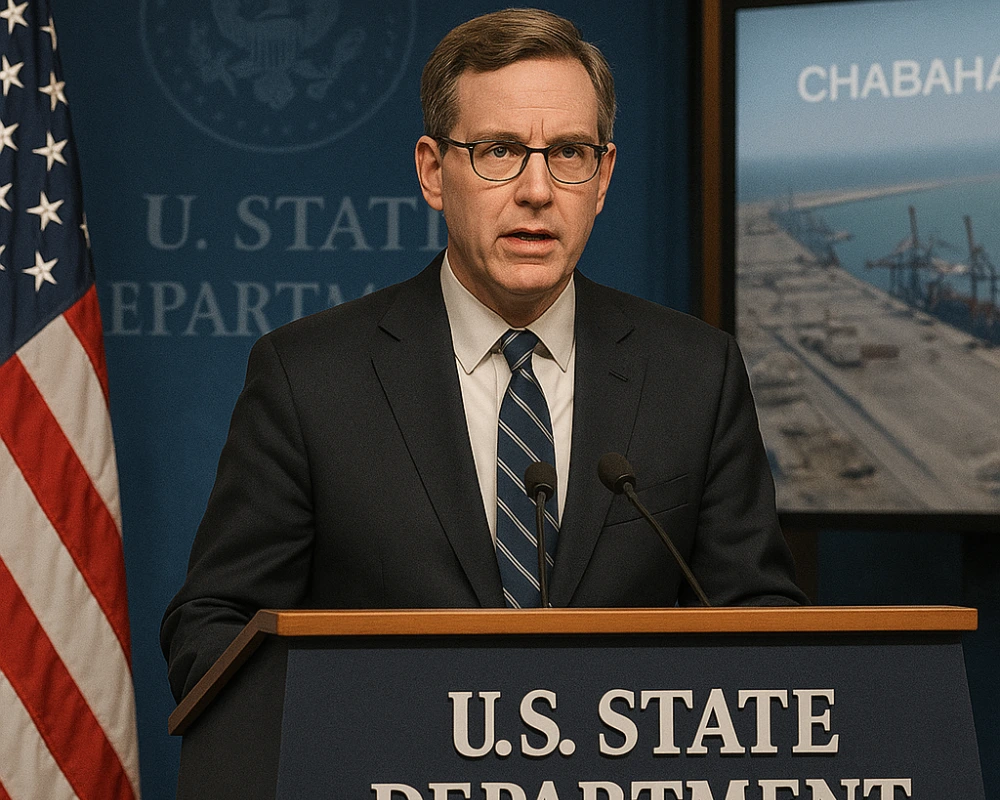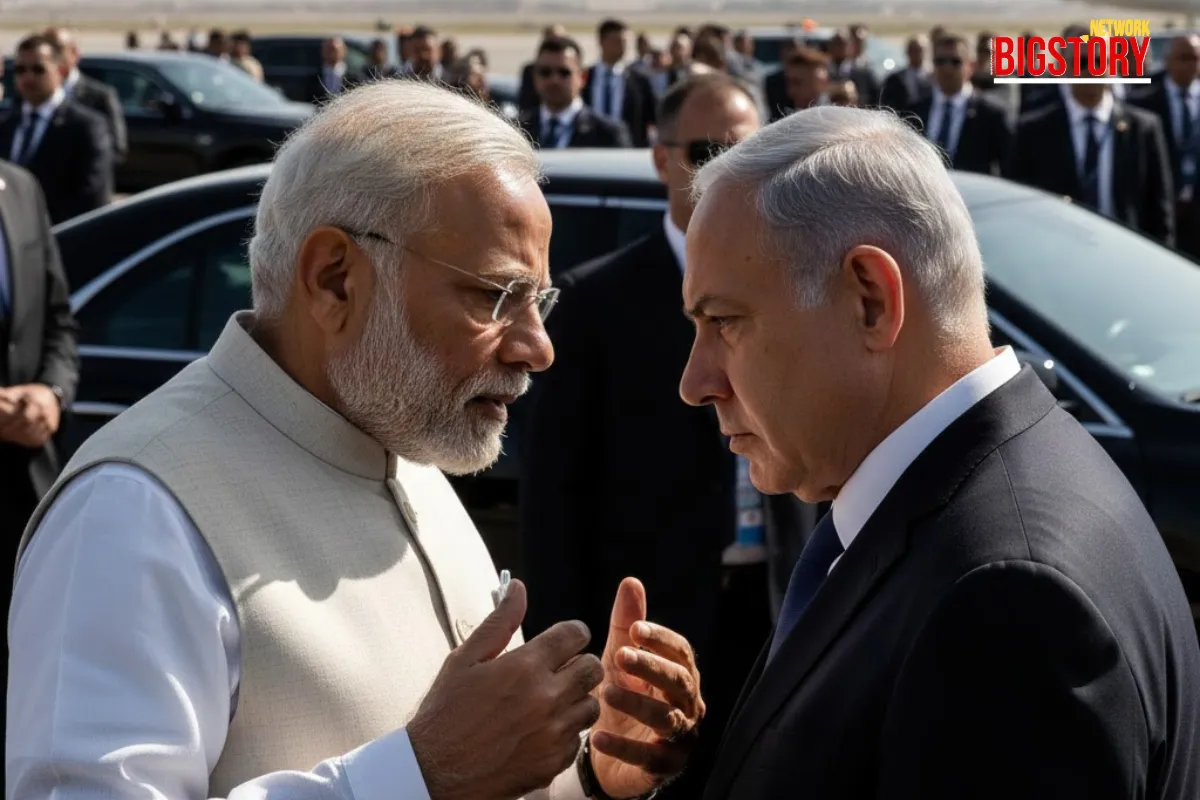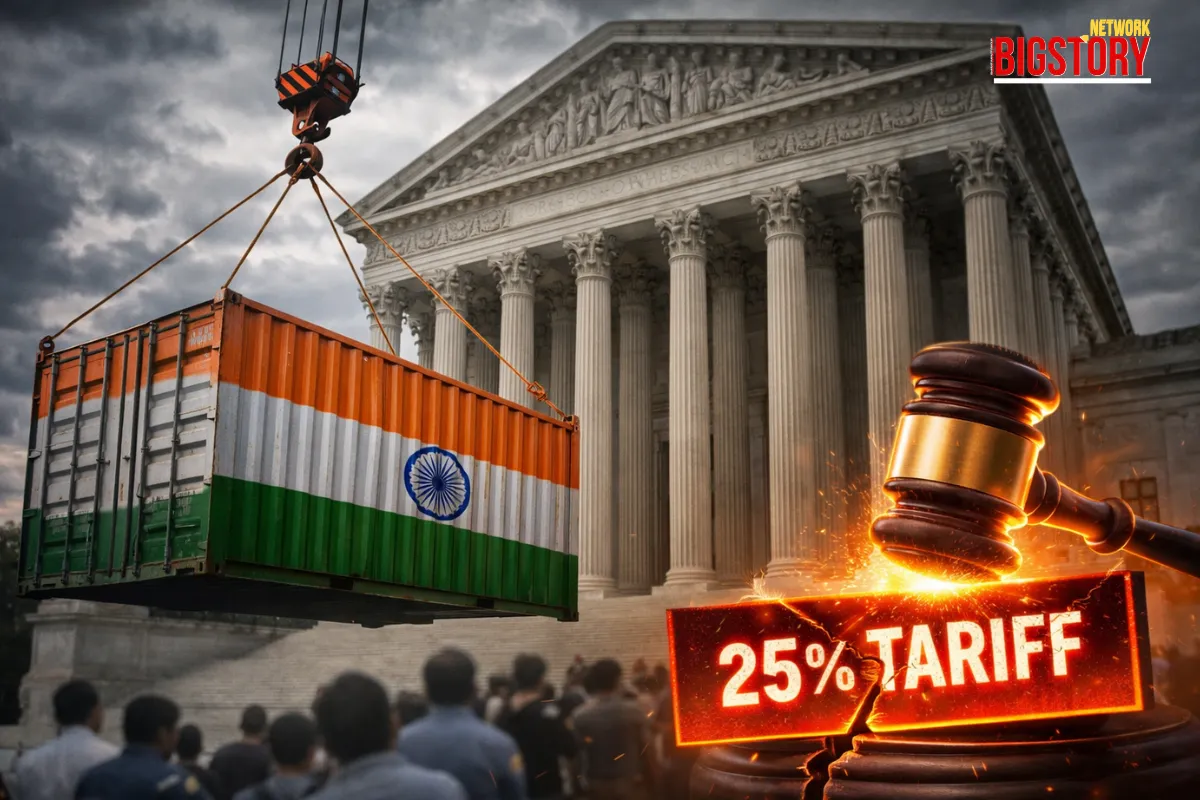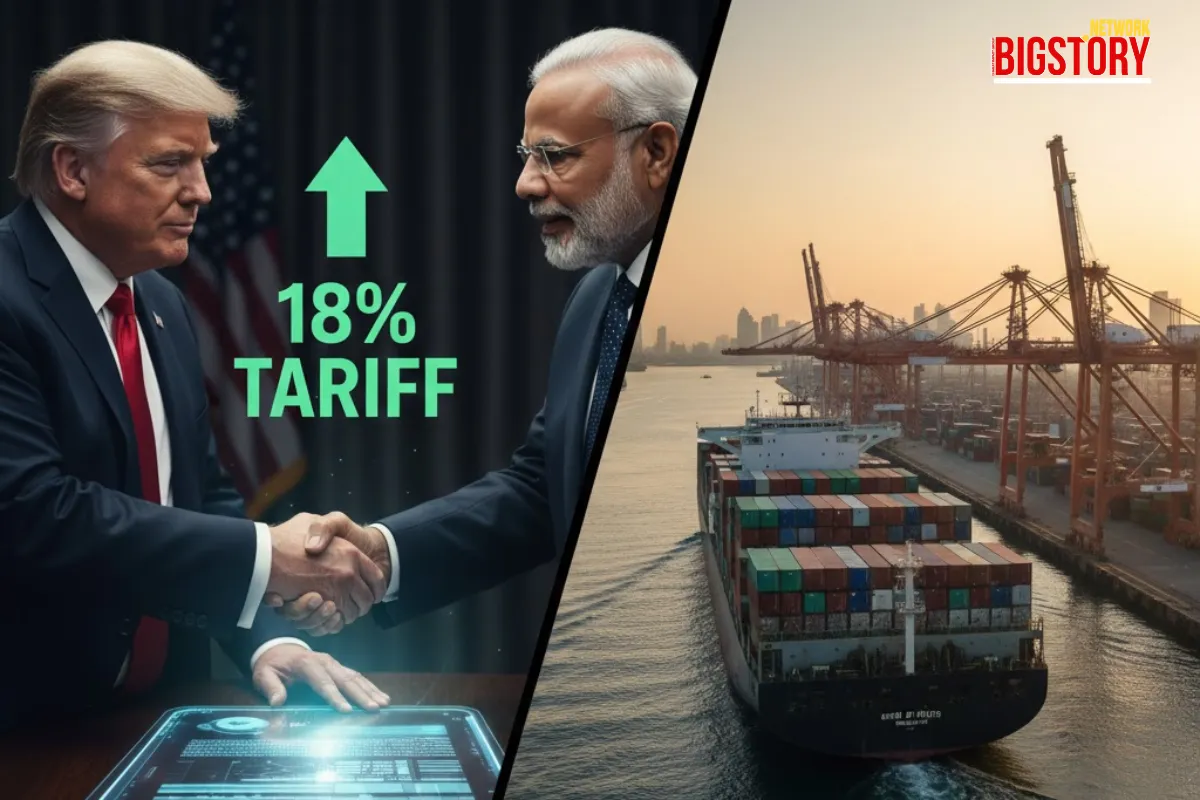In a major setback for India’s regional connectivity ambitions, the United States has revoked the sanctions waiver for Iran’s Chabahar Port. Effective September 29, 2025, the move ends a critical exemption granted in 2018 that allowed India to invest in and operate the port without facing US penalties. The decision threatens to derail billions in trade, India’s strategic outreach to Central Asia, and humanitarian supply routes to Afghanistan.
Key Facts
- The United States revoked the sanctions waiver for Iran's Chabahar Port on September 18, 2025, ending a special exemption granted to India in 2018.
- The decision takes effect September 29, 2025, exposing port operators to US sanctions under the Iran Freedom and Counter-Proliferation Act (IFCA).
- US State Department Principal Deputy Spokesperson Thomas Pigott said the move is part of President Trump’s "maximum pressure policy to isolate the Iranian regime".
Background
- India signed a 10-year agreement with Iran in May 2024 to operate the Shahid Beheshti terminal at Chabahar through Indian Ports Global Limited (IPGL).
- The deal included $120 million in infrastructure investment and a $250 million credit line.
- Chabahar provides India a strategic route to Afghanistan and Central Asia, bypassing Pakistan, and is a key node of the International North-South Transport Corridor (INSTC) linking India, Russia, and Europe.
Official Statements
- US Position: The State Department said the revocation targets "illicit financial networks that sustain the Iranian regime and its military activities," citing Iran’s support for regional militant groups.
- Strategic Context: Washington framed the decision within its broader campaign against Iran’s IRGC and shadow banking operations.
Economic & Strategic Impact
- Investment at Risk: India has already delivered six mobile harbor cranes worth $25 million and planned to expand capacity from 100,000 to 500,000 TEUs by 2026.
- Trade Disruption: The port has handled 8 million tonnes of cargo, including 2.5 million tonnes of wheat and 2,000 tonnes of pulses to Afghanistan. It functions as a major humanitarian aid channel.
- Strategic Competition: Chabahar rivals China’s Gwadar Port in Pakistan, located just 140 km away. The sanctions could tip regional influence toward China’s Belt and Road Initiative.
Global Implications
- India’s Dilemma: The waiver’s end complicates India’s balance between its US partnership and ties with Iran, especially after Washington imposed 25% tariffs on Indian imports of Russian oil.
- Connectivity Projects at Risk: The move threatens the INSTC, a corridor linking 13 countries as an alternative to traditional Europe-bound trade routes.
- Regional Realignment: Central Asian states including Uzbekistan, Kazakhstan, and Tajikistan—which were exploring Chabahar for Indian Ocean access—now face uncertainty.
FAQs
1. Why did the US revoke the Chabahar sanctions waiver?
The US cited Iran’s financing of militant groups and military networks as the reason, framing it under President Trump’s maximum pressure policy against Tehran.
2. What does this mean for India?
India faces possible sanctions on its investments in Chabahar, jeopardizing its $120M port deal and complicating trade access to Afghanistan and Central Asia.
3. How does Chabahar compare to Gwadar Port?
Chabahar, backed by India, is seen as a counterbalance to China’s Gwadar Port in Pakistan, just 140 km away. The waiver’s end could shift regional leverage toward China.
4. Will humanitarian aid be affected?
Yes. Chabahar has been used to send wheat and pulses to Afghanistan. Sanctions could make aid shipments more difficult.
5. What is the INSTC and why is it important?
The International North-South Transport Corridor is a 7,200 km network connecting India to Russia and Europe through Iran. Chabahar is a key entry point for the corridor.
6. When does the waiver officially end?
The sanctions waiver expires on September 29, 2025.
 Sseema Giill
Sseema Giill







 Trending Now! in last 24hrs
Trending Now! in last 24hrs



